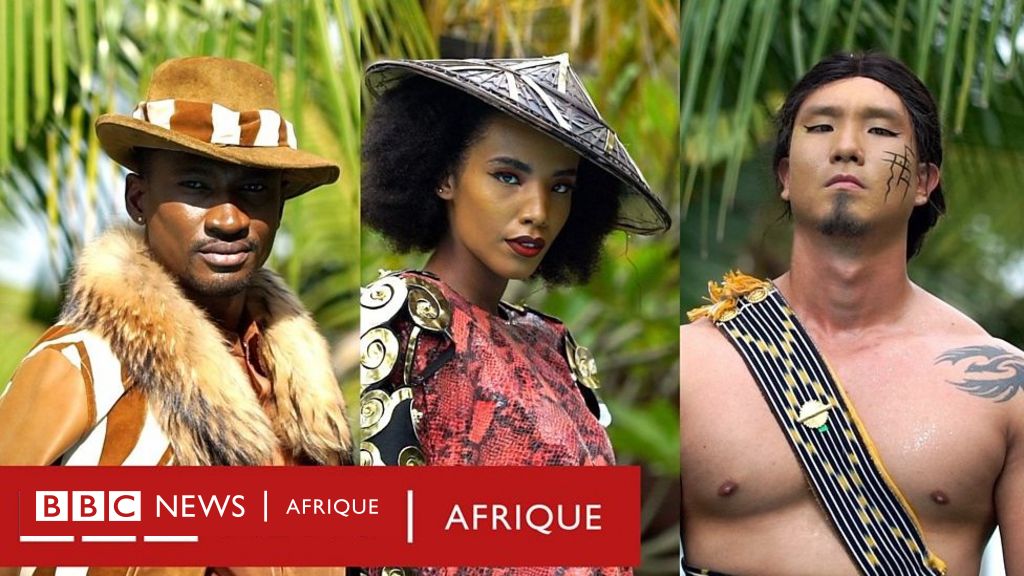Arab Jokes That Spark Conversations: Laugh, Learn, And Reflect
Hey there, my friend! So, you're diving into the world of Arab humor, specifically the arab jokes that have a reputation for being edgy, bold, and sometimes controversial. Let's be honest—humor is a tricky thing, especially when it involves cultural nuances or sensitive topics. But guess what? That's what makes it so fascinating. Arab jokes, especially those labeled as "racist," are more than just laughs; they're a reflection of society, traditions, and even history. Stick around, and we'll break this down together, no judgment zone, just good vibes.
Now, before we dive deeper, let's clarify something. The term "racist jokes" often gets thrown around loosely, but not every joke that pokes fun at stereotypes is inherently harmful. Sometimes, it's just a way to connect, laugh at ourselves, or challenge societal norms. Arab culture is rich with humor, and these jokes are no exception. They can be witty, clever, and thought-provoking. So, buckle up, because we're about to explore the good, the bad, and the ugly of this genre.
One thing to keep in mind: humor is subjective. What one person finds hilarious, another might find offensive. That's why understanding the context, intent, and cultural background is crucial. In this article, we'll cover everything you need to know about Arab jokes, their history, impact, and how they fit into the broader conversation about humor and sensitivity. Ready? Let's go!
- What Is A Farmers Porch Discover The Charm And Practicality Of This Iconic Feature
- What Are The Xmen Movies A Comprehensive Guide To The Mutant Marvel Saga
Table of Contents:
- What Are Arab Jokes?
- The Role of Humor in Arab Culture
- Understanding Racist Jokes
- Common Themes in Arab Jokes
- Impact on Society
- Controversies Surrounding Arab Jokes
- Cultural Sensitivity and Humor
- Famous Arab Comedians
- When Humor Goes Too Far
- Final Thoughts and Takeaways
What Are Arab Jokes?
So, first things first—what exactly are we talking about here? Arab jokes, or "blagues arabes" as they're known in French, are a staple of Middle Eastern humor. These jokes often revolve around stereotypes, cultural quirks, and even historical events. They're like the spice in a hearty dish of kibbeh—sometimes sharp, sometimes sweet, but always memorable.
Now, here's the thing: some of these jokes might touch on sensitive topics, including race, ethnicity, and nationality. That's where the "racist" label comes in. But let's not jump to conclusions just yet. Arab humor is deeply rooted in storytelling, satire, and wit. It's a way for people to laugh at themselves, their communities, and even the world around them.
- Lucas Mom The Ultimate Guide To Understanding The Phenomenon And Its Impact
- The Office Karen A Deep Dive Into The Iconic Character
Why Do People Love Arab Jokes?
Here's a quick rundown of why these jokes are so popular:
- They reflect real-life situations and experiences.
- They challenge societal norms and taboos.
- They bring people together through shared laughter.
The Role of Humor in Arab Culture
Humor plays a big role in Arab culture, and it's not just about cracking jokes. It's a form of expression, a way to cope with challenges, and even a tool for social commentary. Think about it—throughout history, Arab societies have faced wars, political turmoil, and economic struggles. Humor has been a lifeline, helping people find light in the darkest of times.
And let's not forget the power of storytelling. Arab culture is steeped in oral traditions, from the tales of One Thousand and One Nights to modern-day stand-up comedy. Jokes are just one part of this rich tapestry, and they often serve as a mirror to society. They highlight the absurdities, celebrate the victories, and sometimes, expose the flaws.
Understanding Racist Jokes
Now, let's talk about the elephant in the room—racist jokes. What makes a joke racist, and why do some people find them offensive? Well, it all comes down to intent, context, and impact. A joke might seem harmless to one person but deeply hurtful to another. That's why it's important to approach this topic with an open mind and a willingness to learn.
Key Characteristics of Racist Jokes
Here are a few things to watch out for:
- Stereotyping: Generalizing entire groups based on race, ethnicity, or nationality.
- Derogatory Language: Using hurtful or disrespectful words.
- Exclusion: Making certain groups feel left out or inferior.
Common Themes in Arab Jokes
Arab jokes cover a wide range of topics, but some themes pop up more than others. Let's take a look at the most popular ones:
Family and Relationships
Family is a central part of Arab culture, and jokes about moms, dads, uncles, and aunts are aplenty. These jokes often highlight the quirks and quirks of family life, from overprotective parents to nosy relatives.
Politics and Current Events
Politics is another favorite topic. Arab jokes frequently poke fun at politicians, government policies, and even international relations. It's a way to express frustration and dissatisfaction in a lighthearted manner.
Impact on Society
So, what's the big deal? Why do Arab jokes matter? Well, humor has the power to shape perceptions, influence opinions, and even drive change. When used responsibly, jokes can break down barriers, challenge stereotypes, and foster understanding. But when used recklessly, they can perpetuate prejudice and division.
Think about it—laughter can be a bridge or a wall, depending on how it's used. That's why it's important to be mindful of the impact our words have on others. Arab jokes, in particular, have the potential to spark meaningful conversations about race, identity, and belonging.
Controversies Surrounding Arab Jokes
Of course, not everyone agrees on what's funny and what's offensive. Arab jokes have sparked their fair share of controversies over the years. Some people argue that certain jokes reinforce harmful stereotypes, while others believe they're harmless fun. So, who's right?
Well, the truth is, there's no one-size-fits-all answer. What works for one community might not work for another. That's why it's important to listen to diverse perspectives and be willing to adapt. After all, humor is a dynamic thing—it evolves with time, culture, and context.
Cultural Sensitivity and Humor
Now, let's talk about cultural sensitivity. How can we enjoy humor without offending others? It's all about balance. Here are a few tips:
- Be mindful of your audience and their backgrounds.
- Avoid using derogatory language or perpetuating harmful stereotypes.
- Focus on self-deprecating humor or universal experiences.
Famous Arab Comedians
If you're looking for some laughs, check out these legendary Arab comedians:
- Adel Emam: Known as the "King of Comedy," Emam has entertained audiences for decades with his sharp wit and satire.
- Samir Ghanem: A beloved figure in Egyptian comedy, Ghanem's work often tackles social and political issues.
- Mayssa Mattar: A rising star in the Arab comedy scene, Mattar's stand-up routines are both hilarious and thought-provoking.
When Humor Goes Too Far
Let's be real—sometimes humor can cross the line. When does a joke become too much? It's a tricky question, but here are a few signs:
- It causes harm or distress to others.
- It perpetuates harmful stereotypes or prejudices.
- It excludes or marginalizes certain groups.
At the end of the day, humor is a powerful tool, and with great power comes great responsibility. So, let's use it wisely, okay?
Final Thoughts and Takeaways
Alright, we've covered a lot of ground here. Arab jokes, especially those labeled as "racist," are a complex and fascinating topic. They reflect the rich tapestry of Arab culture, with all its quirks, challenges, and triumphs. But they also remind us of the importance of sensitivity, respect, and understanding.
So, what can you do? Start by listening to diverse voices, learning about different perspectives, and being mindful of your own words. Humor is a gift, and when used responsibly, it can bring people together in ways nothing else can.
And hey, if you found this article helpful, don't forget to share it with your friends. Who knows? You might just start a conversation that changes someone's perspective. Until next time, keep laughing, keep learning, and keep growing!
- Wasmo Somali Channel The Rising Star Of Somali Entertainment
- Revamp Your Split Level Exterior A Stepbystep Guide To Updating Your Homersquos Look

Lutte contre le racisme " la différence, c'est ce qu'il y a de plus

Racisme les Arabes pensentils que c'est un problème dans leur pays

Un Juif et un Arabe entrent dans une pâtisserie... RIGOLOTES.fr